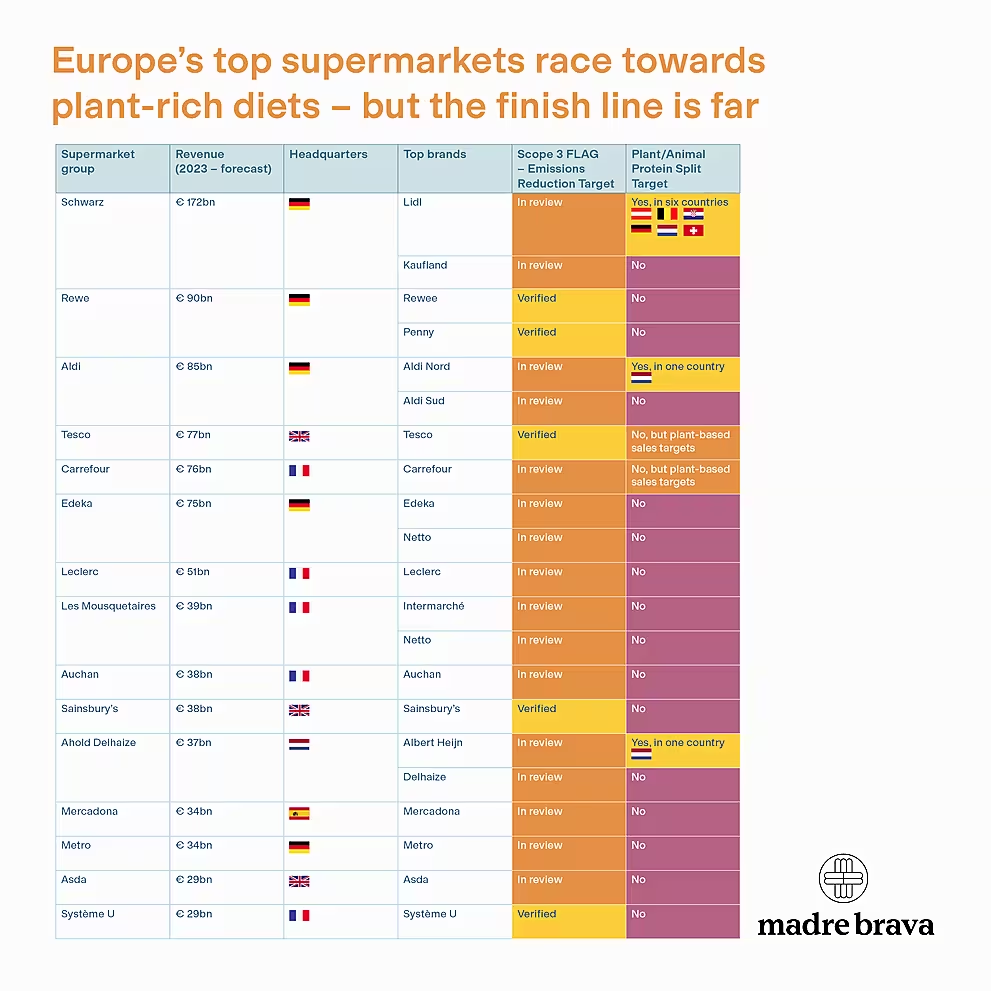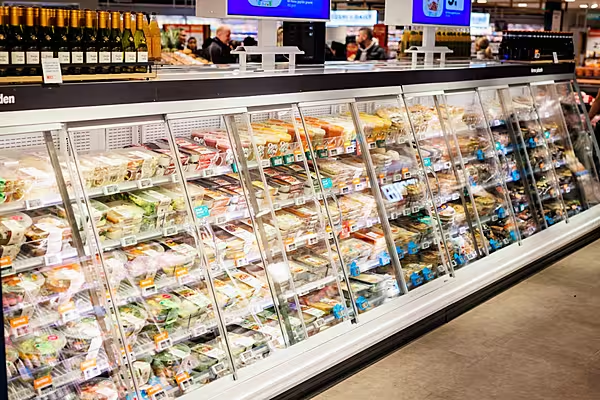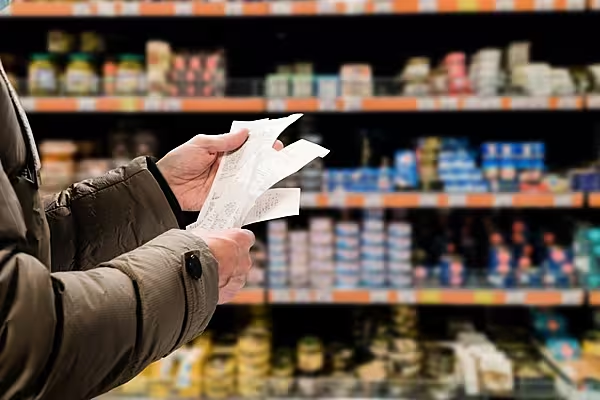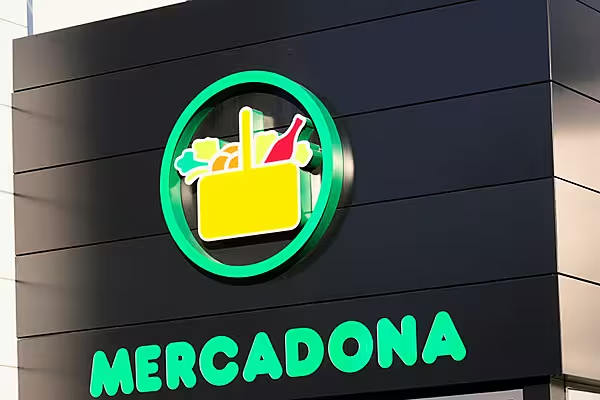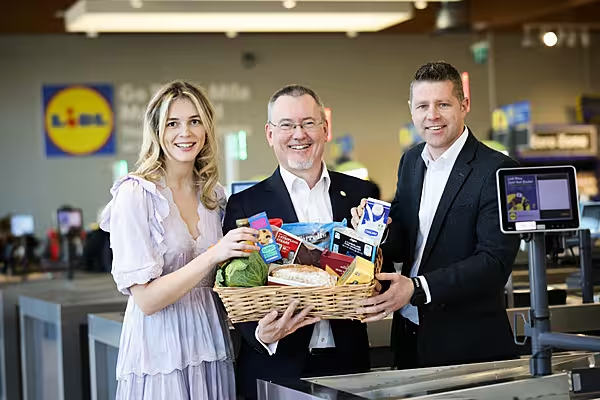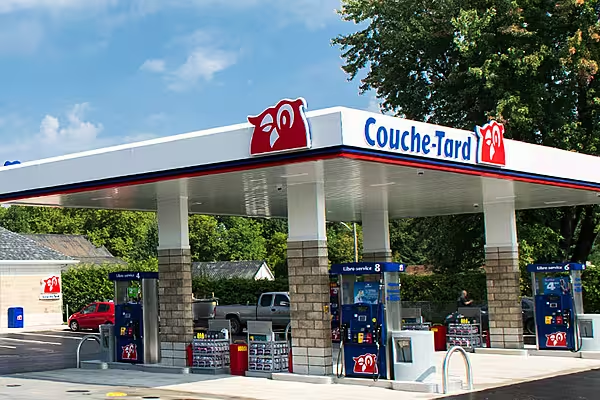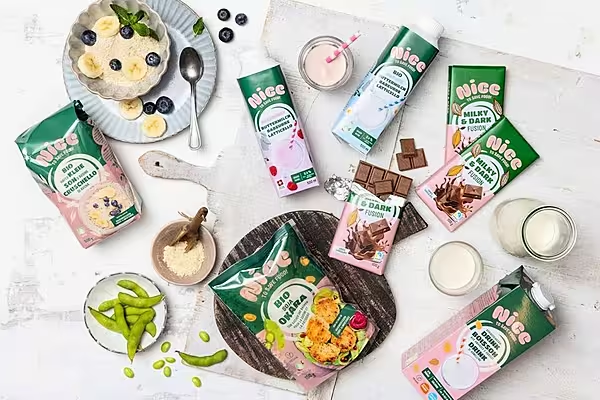Lidl and Ahold Delhaize are outperforming other European retailers in terms of transitioning their protein offering to a more planet-friendly, lower-emission template, a new study by Madre Brava has found.
The environmental advocacy organisation assessed the 15 largest European supermarket chains on their climate and protein transition ambitions, and found that while all retailers have targets in place, or plan to set them by the end of this year, Ahold Delhaize and Lidl are ahead of the pack.
Discounter Lidl has committed to 'rebalance' its animal and plant protein sales across all 31 countries in which it operates, and has already taken steps to increase the share of plant-based protein products it sells, and decrease the share of conventional meat and dairy sales in six European countries: Austria, Belgium, Germany, Luxembourg, Netherlands and Switzerland.
Ahold Delhaize, meanwhile, has pledged that by the end of 2024, all its retail banners across Europe will set targets to sell more plant proteins and fewer animal-sourced foods.
Albert Heijn, its Dutch banner, has already committed to rebalance its protein sales to 60% plant / 40% animal protein by 2030, compared to a 44.1% plant / 55.9% animal split in 2023.
Shift To Sustainable
Commenting on the retailers' efforts, Nico Muzi, managing director of Madre Brava, said, “Consumers across Europe want to cut down on meat. Supermarkets can support this shift to healthier, more sustainable diets by making wholefoods and plant-based products cheaper and more accessible.
"We call on all major European food retailers to commit to rebalancing their protein product sales in line with human and planetary health goals. This is not only good for people, animals and planet; it’s good business too.”
Tackling Scope 3 Emissions
As Madre Brava notes, around 93% of a supermarket’s total emissions are Scope 3 emissions – emissions from the entire value chain, including agriculture, food processing, food waste, and transport.
Animal-based products are the largest contributors, with meat and dairy accounting for 51% of all Scope 3 emissions of a food retailer, it adds.
In the Netherlands, the seven largest food retailers' commitment to increasing plant protein products has led to a 16.4% decrease in meat sales in retail stores since 2020. This shift shows the potential impact of supermarket policies on consumer behaviour and emissions reduction.
However, many major supermarkets are not making enough progress toward plant-rich diets, it adds. Ten out of the top 15 supermarket chains in Europe are not doing enough to address the significant emissions produced by meat and dairy products, Madre Brava added.
Read More: A 50% Shift To Plant Proteins Would Have A Significant Environmental Effect: Study
